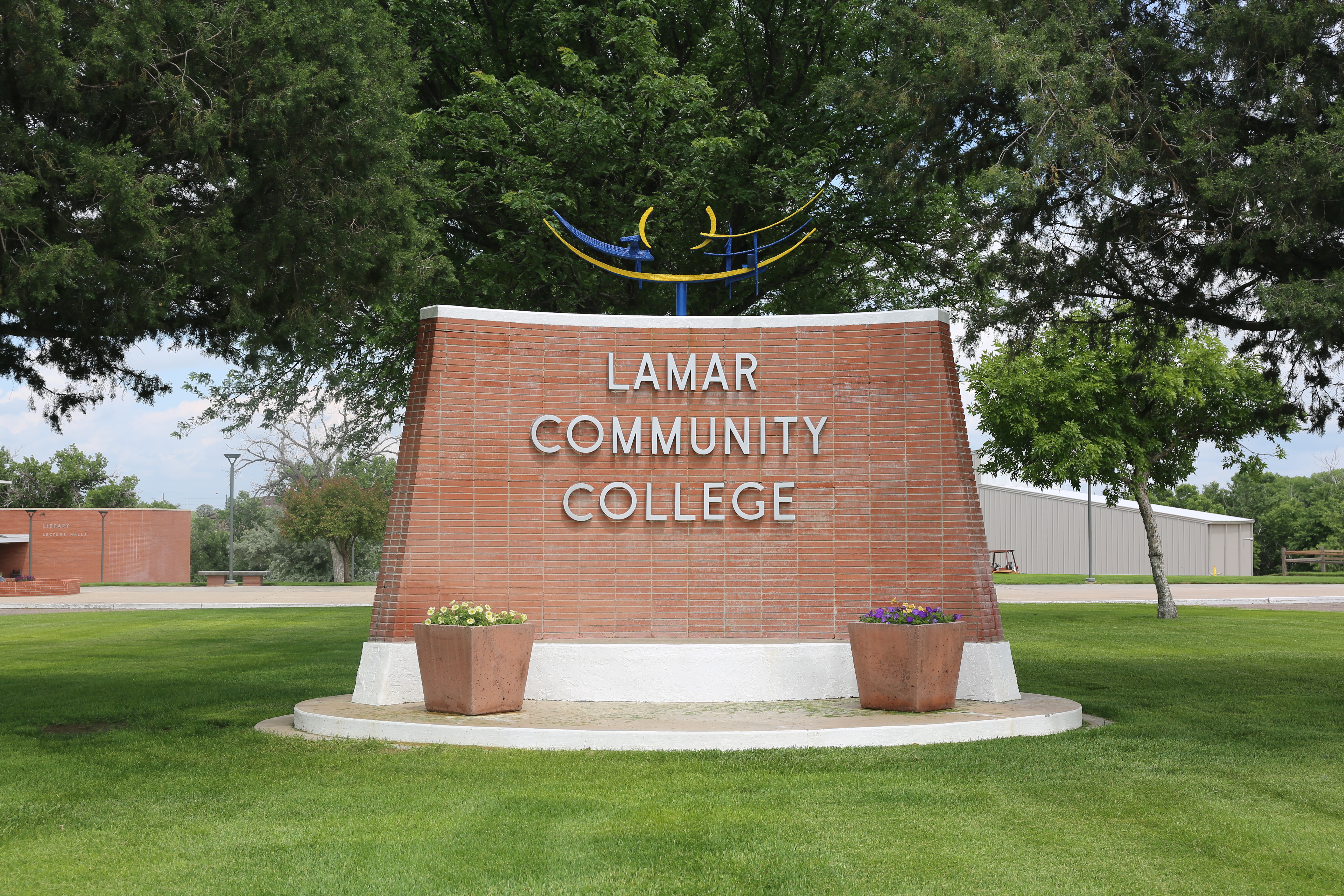When she first arrived at Otero College in rural La Junta, Colorado, Chelsea Herasingh, Ph.D., knew staff had a long way to go in addressing student needs.
“We did not have the same support services in place that we had at urban schools,” said Herasingh, who previously worked at Community College of Aurora. “For me, it was really important to ensure that students coming to rural colleges have access to those resources.”
Now, after years of building up counseling and other services, Otero College has earned both Healthy Minds and Hunger Free campus designations from the Colorado Department of Higher Education (CDHE).
“I’ve been here almost seven years, and I’ve watched a cultural transformation take place,” said Herasingh, Otero’s associate vice president of academic affairs. “Students are getting counseling and using food pantries—they’re being offered resources and education that they get at larger schools. To me, that has been the biggest success.”
I’ve watched a cultural transformation take place.
Leading with CARE
That success has taken years of intentional work across all areas of the college, Herasingh said. In 2020, Otero won a federal AIM grant designed to improve retention and graduation rates, enabling the college to bolster orientation, advising, mentoring, tutoring, and career-connected learning opportunities.
But as the pandemic wore on, campus staff noticed students began to feel more isolated and disconnected; they needed additional services beyond traditional academic support. That prompted the college to start up a CARE Team, a cross-functional group that identifies struggling students and intervenes with one-on-one help.
“Getting that group meeting regularly where everyone has a different role—whether it’s case management, counseling, academic support—has really helped to address different student needs and bring needs to the table that we may not have thought about,” said Herasingh, a CARE Team member.
Students looped in with CARE Team are first referred to Monica L. Martinez, Otero’s full-time case manager. As part of her role, she connects students to federal resources like SNAP and stocks the college’s two refrigerators, gifted from Swipe Out Hunger, and the college’s six food and hygiene pantries. Martinez even keeps a mini-fridge full of snacks and drinks in her office.
“I’ll make cocoa for us and give out granola bars, or whatever else I have,” she said. “It’s awesome that I can have five or six students in here, and we’re all getting ready for our day.”
These touch base meetings with students have been critical for keeping many on track, Martinez said. She recalled the story of a student athlete who experienced distress his first year on campus.
“He was a regular, coming into grab things to eat, get drinks, and just get a hug,” she said. “Once we got to know him and heard his life story, we could understand how he was struggling and how he could turn things around. He was feeling much better by being a part of our campus.”
Strengthening Mental Health Support
As part of the college’s holistic approach, the CARE Team also includes Otero’s full-time counselor, Sarah Droege. While most of her clients need help with typical young adult issues—like navigating relationships and identity—she’s also providing tailored mental health resources for adult students, student athletes, and other groups in partnership with internal and external organizations.
“Over the last two years, we’ve created a way of working with students and working with local agencies to make sure they are provided with all the support they need while maintaining the highest degree of confidentiality,” Droege said. “That feels really big as a team.”
Beyond leading individual and group therapy sessions, Droege also partners with Martinez to educate students about sexual health and healthy relationships. Martinez ensures condoms and other products are available around campus, and the pair organizes student events that demonstrate proper contraceptive use.
While often humorous, the workshops are addressing a serious problem, Droege explained. As a Hispanic-Serving Institution, Otero serves many students whose families may not discuss these topics at home.
“Students really feel in that setting that they can ask questions, even if they ask us privately later,” she added. “It just basically blows the lid off something that is so taboo.”
‘A Lot of Effort’
For Herasingh, Martinez, and Droege, the dual Healthy Minds and Hunger Free designations validate just how far the college has come in meeting students’ basic needs. Droege remembers reading the CDHE criteria years back, wondering if they could ever submit an application.
We have a model here, and it works.
Then, “when we were reviewing it this past spring, Monica and I were like, ‘Check! This is easy!’” she said. “It’s because she and I have put a lot of effort into this.”
Otero staff aren’t resting on their laurels, though. Working with faculty member Kimi Kelley, who put up the first food shelves on campus, the group is planning to unveil an expanded pantry with more commodity items and fresh fruits and vegetables—including the Rocky Ford’s famous sweet melons. They’re also adding new all-purpose rooms for prayer, pumping, and other needs and an inclusive restroom next to Martinez and Droege’s offices.
Otero’s accomplishments show that small teams can make a big impact, Droege said.
“We’re hoping to grow this to other rural schools one day. We have a model here, and it works.”


